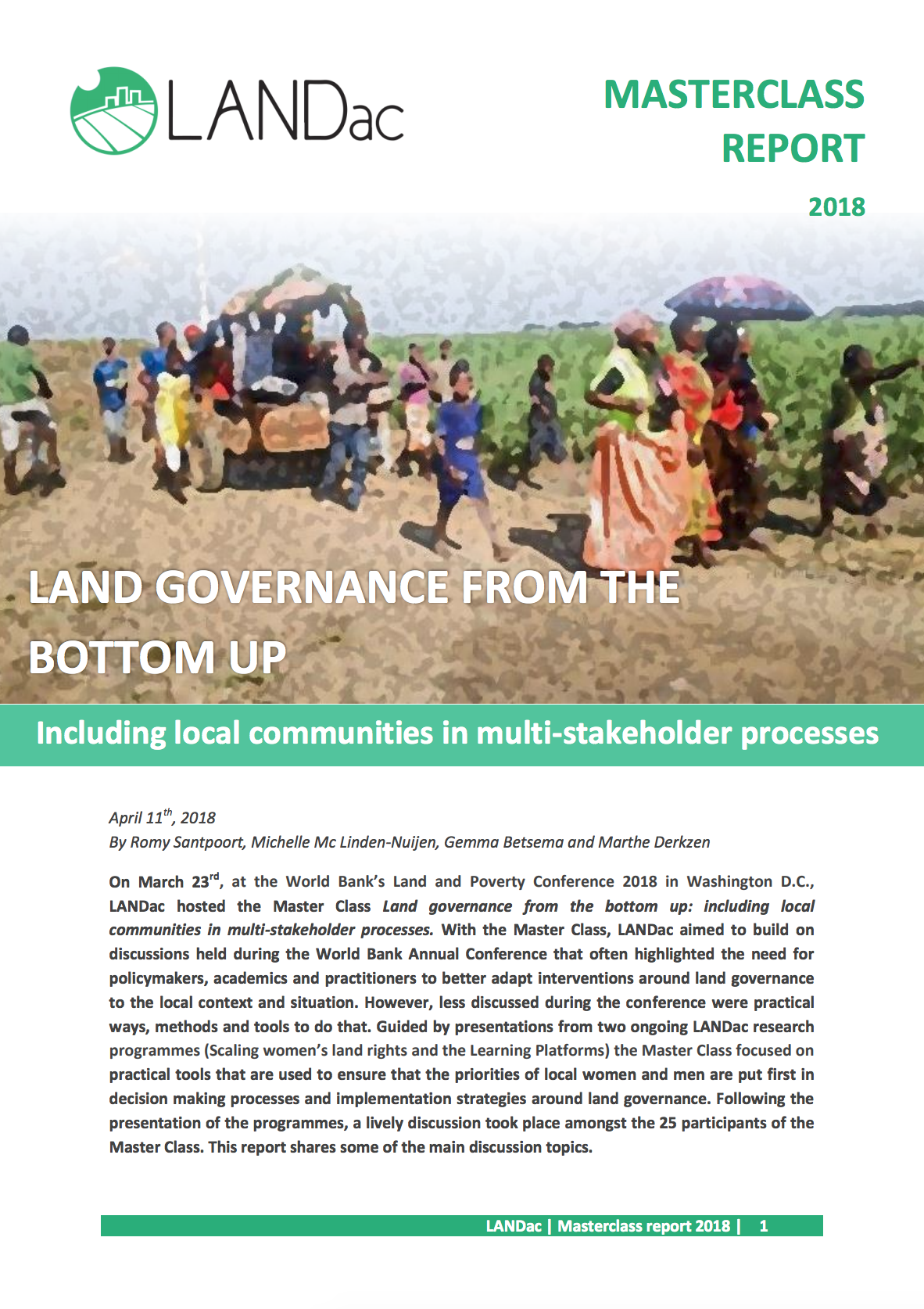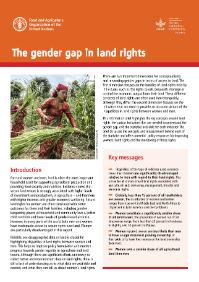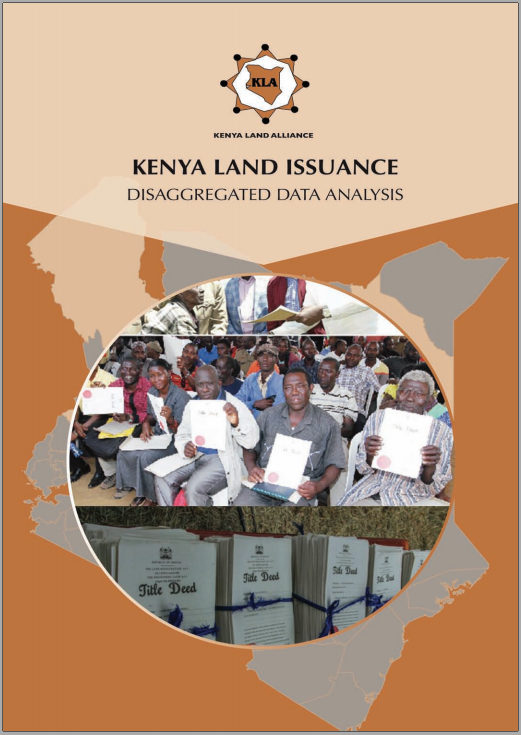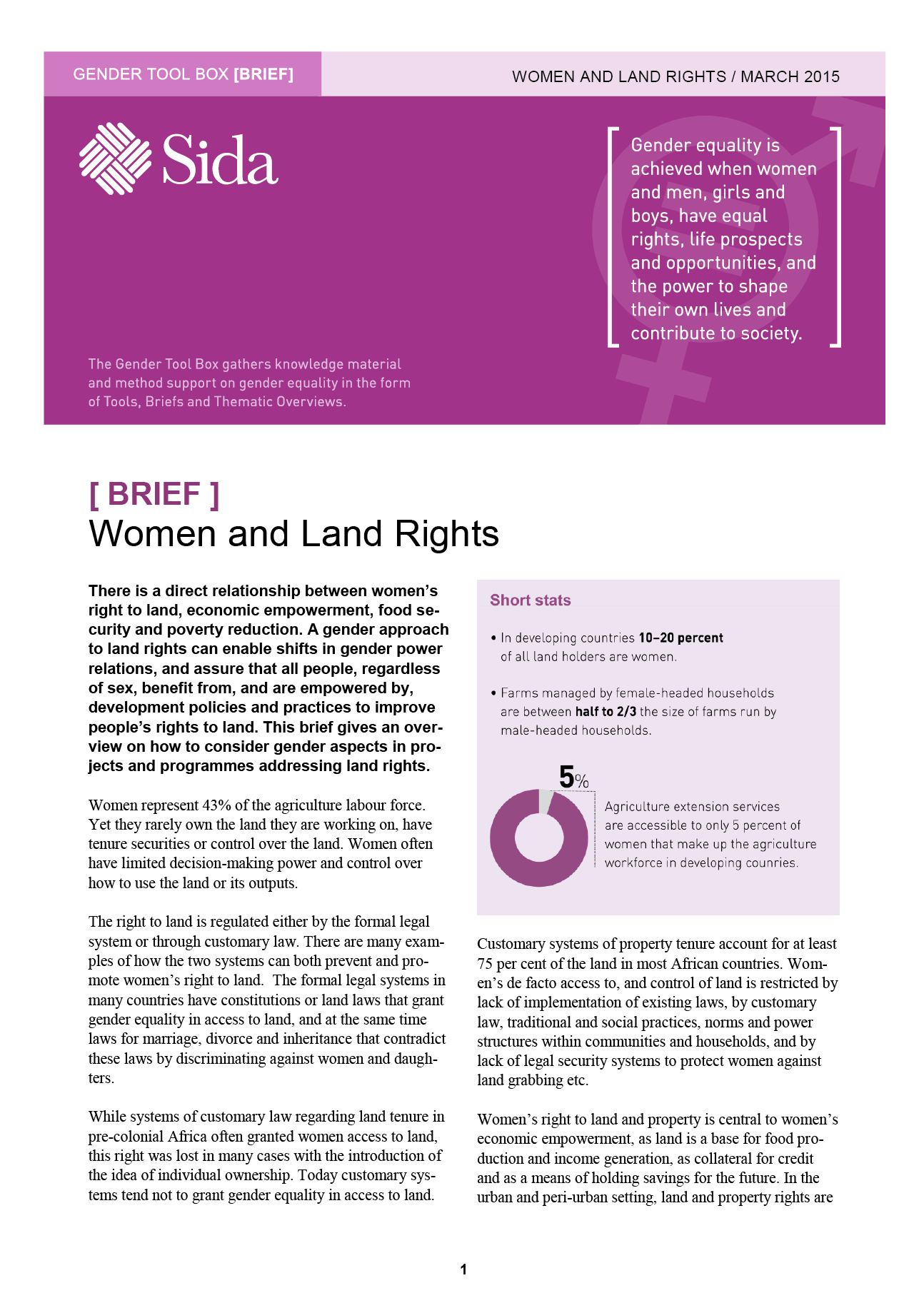Challenges women and vulnerable groups face to secure their land use rights: LIFT programme response
This paper highlights the challenges faced by women and other vulnerable groups in securing their land rights as identified by LIFT’s different studies and anecdotal evidence from other projects and government undertakings..This resource was published in the frame of the Land Investment for Transformation (LIFT) Programme. For more information;please check: https://landportal.org/community/projects/land-investment-transformation...








